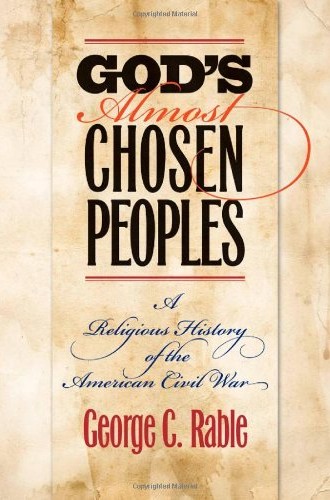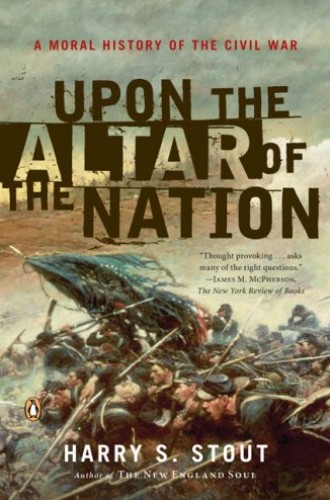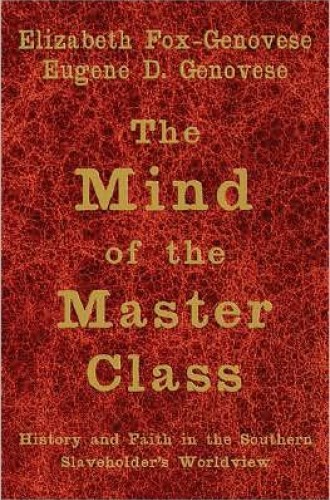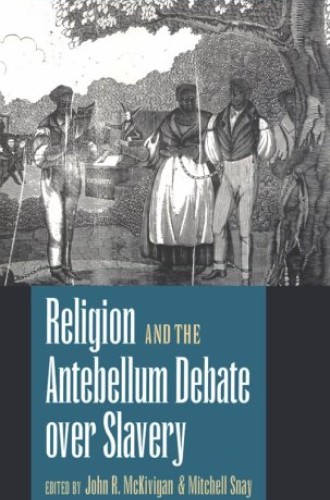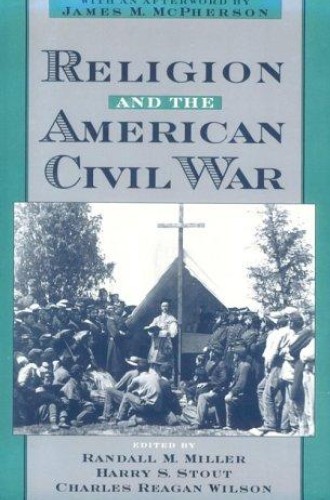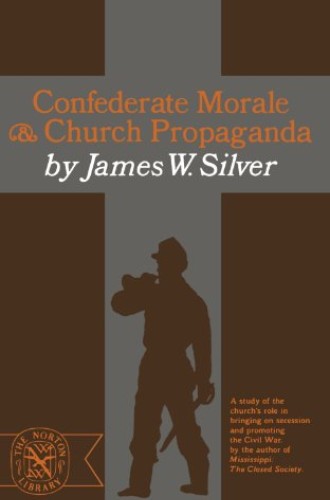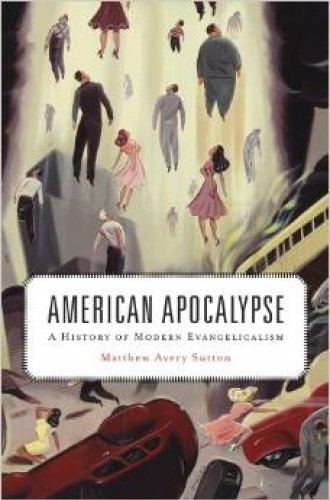Religion and the Civil War
God's Almost Chosen Peoples: A Religious History of the American Civil War, by George C. Rable. The most widely researched and best-balanced general book on religion and the Civil War, Rable's work is particularly impressive for what he reveals about the prominence of scripture, the prevalence of providential interpretations of the war's every aspect, the stimulus the war provided to both personal and civil religion, and the overall religiosity of the conflict in the field and on the home front.
Upon the Altar of the Nation: A Moral History of the Civil War, by Harry S. Stout. Stout's provocative volume asks readers to pull the Civil War out of the mists of romantic memory and into the harsh light of careful moral judgment. A detailed chronology of the war's bloody course supports Stout's insistence that it is long past time to be applying just war criteria to the conflict. This is the perfect book to read before taking part in sesquicentennial observances over the next four years.
The Mind of the Master Class: History and Faith in the Southern Slaveholders' Worldview, by Elizabeth Fox-Genovese and Eugene D. Genovese. In this very learned and deeply researched volume, Fox-Genovese and Genovese argue convincingly that slave owners possessed an ideology that did more than simply excuse slaveholding. At the heart of their ideology was a particular reading of scripture as justifying a paternalistic social order. The authors hold no brief for either slavery or the pervasive racism that undergirded American slavery, but they do think that slave ownership allowed for necessary criticism of American consumerist culture. The strength of the slaveholders' ideology also helps explain the tenacity of the Southern effort in the war itself.
Religion and the Antebellum Debate over Slavery, edited by John R. McKivigan and Mitchell Snay, and Religion and the American Civil War, edited by Randall M. Miller, Harry S. Stout and Charles Reagan Wilson. Edited collections of academic papers are usually sleep-inducing, but these contributors write vividly about religious issues that were neglected in general accounts of the Civil War. The work in these books has played a large part in stimulating the recent surge of scholarship on the subject.
Confederate Morale and Church Propaganda, by James W. Silver, and American Apocalypse: Yankee Protestants and the Civil War, 1860-1869, by James H. Moorhead. Long before the current boom in careful study of religion and the Civil War, Silver wrote learnedly about how religion inspired the Confederate effort. Similarly effective was Moorhead's pioneering book about the runaway providentialism that the war inspired among Northern Christian believers. Later volumes have supplemented but not superseded these pioneering studies.


